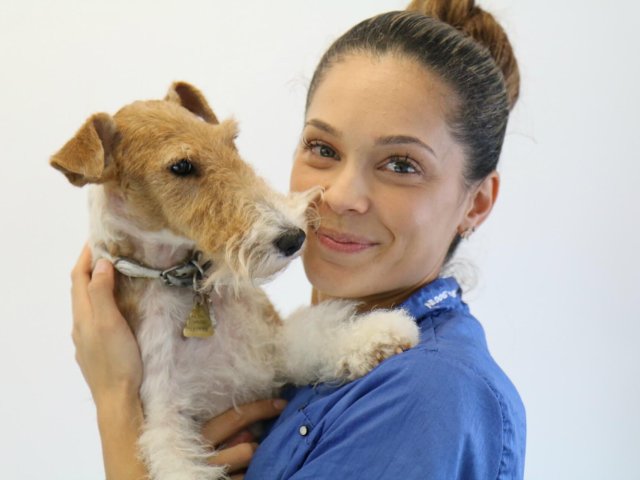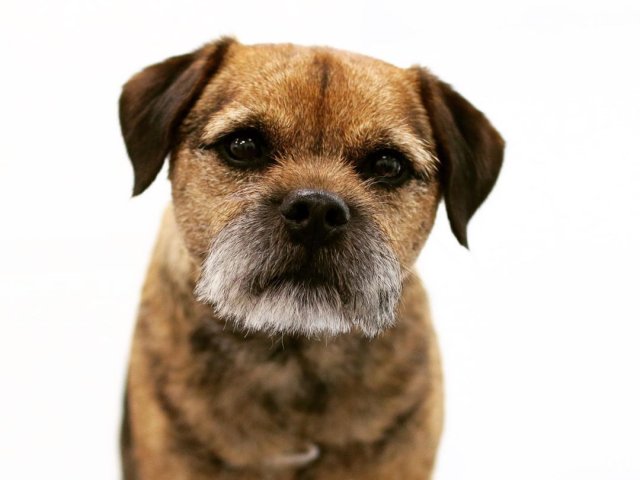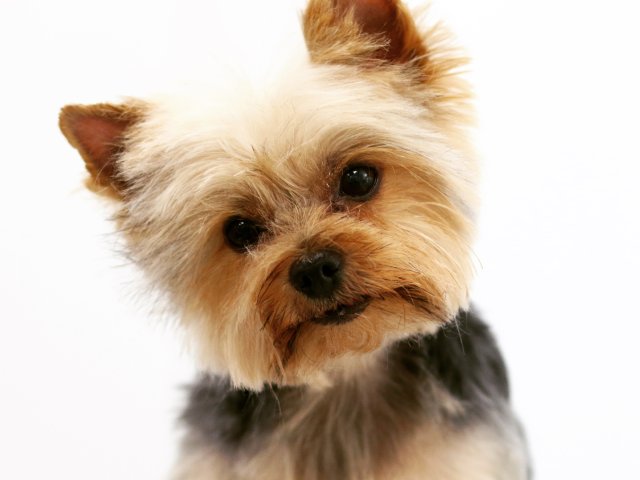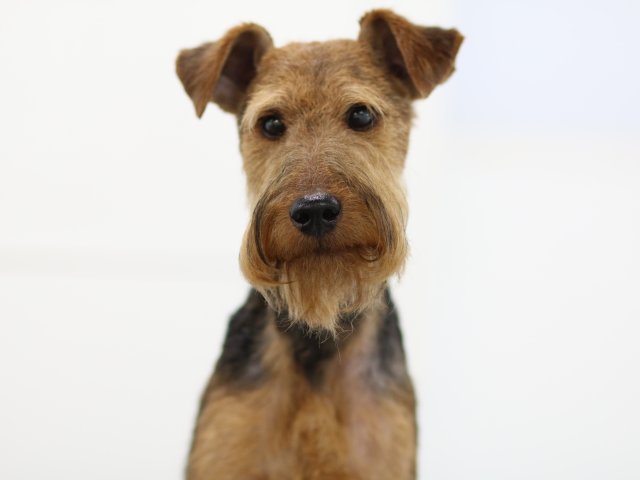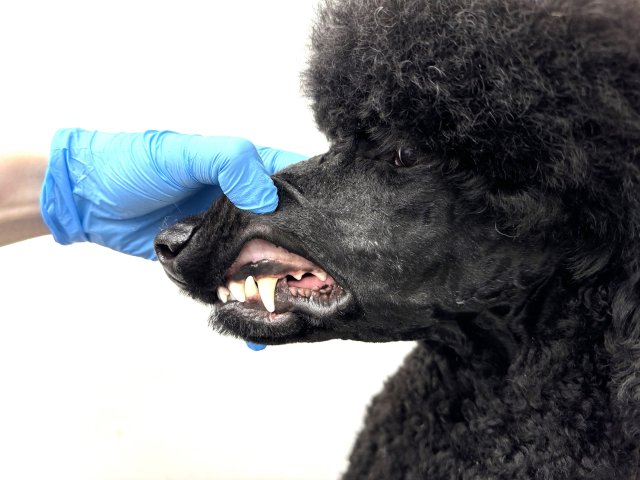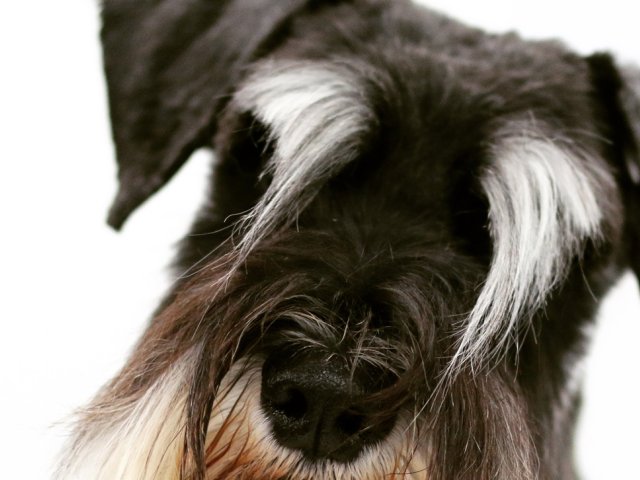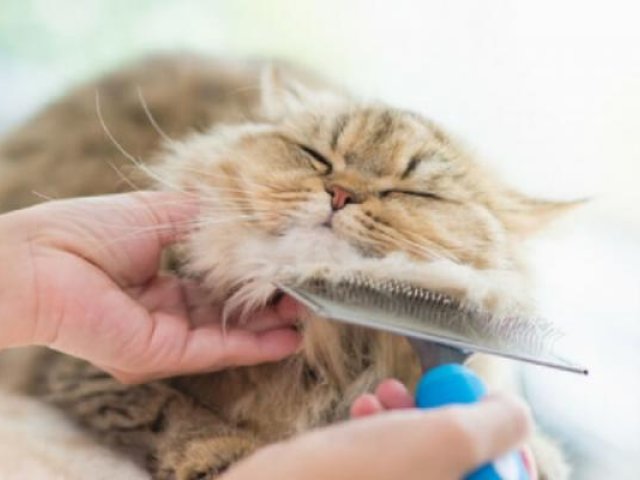As the weather gets colder and the evenings get darker, there is nothing more comforting than that warm feeling of a crackling bonfire. And nothing more awe-inspiring than the glow of fireworks in the autumn night sky.
If you are getting excited about this time of year, you are definitely not alone, but do not forget that fireworks may frighten your pets!
Many of our pets find fireworks scary. Around 45% of dogs in the UK show signs of fear when they hear fireworks. Prepare in advance and your pet will feel happier and safer on bonfire night. Here are our top tips to make sure your pet feels safe and secure:
Before bonfire night:
• Create a doggy safe area. This should be a quiet area that your dog can always access, even when you are not home – it should be a place where they feel in control, so do not interfere with your dog when they are in that area. Train your dog to associate the area with positive experiences e.g. by leaving their favourite toys, blankets, or an item of unwashed clothing to make them feel safe. With time your pet will know this place is safe and enjoyable, and so will go to that space when they feel stressed or anxious as they know they are safe from harm.
• Make sure your dog is walked earlier in the day before the fireworks start.
• Top up your dog’s water bowl. Anxious dogs pant more and get thirsty.
• Feed your dog a while before you expect any disturbances. Once the fireworks start your dog may be too anxious to eat.
• Keep the noise down. Close all windows and doors, and block off dogflaps to stop your dog escaping.
• Draw the curtains to prevent scary flashes of light. If your dog is used to the sounds of TV or radio, switch them on (but not too loudly) in order to block out some of the noise of the fireworks.
During fireworks:
• Always keep dogs and cats inside when fireworks are being let off.
• Let your dog pace around, whine, or hide in their doggy safe area if they want to. Do not try to coax them out – they are just trying to find safety and may feel more stressed if disturbed.
• Stay calm, act normally, your dog will pick up on any odd behaviour. Remain calm, happy and cheerful as this will send positive signals to your dog.
• Give lots of praise for calm behaviour with dog treats or playing.
• It’s OK to cuddle and stroke your dog if it helps them relax, if they come to you for comfort, make sure you give it to them – Ignoring your dog would only make things worse.
Things dog owners should never do:
• Avoid leaving your dog alone during such potentially upsetting events. If you do have to leave the house, do not get angry with your pet if you find they have been destructive or toileted after being left on its own. Shouting at a frightened dog will only make them more stressed.
• Do not tie your dog up outside while fireworks are being let off.
• Never take your dog to a fireworks display. Even if they do not bark or whimper at the noise, it doesn’t mean they are happy. Excessive panting and yawning can indicate that your dog is stressed.
• Never try to force your dog to face their fears – they’ll just become more frightened.
• Never tell your dog off. This will only make your pet more distressed. It is important to remember that it is natural for a dog to be scared of loud noises and unfamiliar sights and sounds.
• If you need to open the front dog, shut your dog safely inside a room first.
Remember, remember the 5th of November:
Unfortunately, we are often not forewarned about private fireworks displays; ask your neighbours to let you know if they are planning any unofficial displays of their own to help you prepare.
Be prepared for 5th November and New Year’s Eve, and be proactive about finding out when other celebratory occasions might occur.

